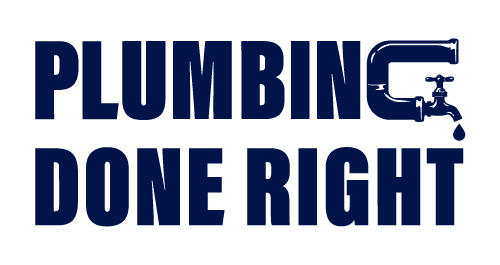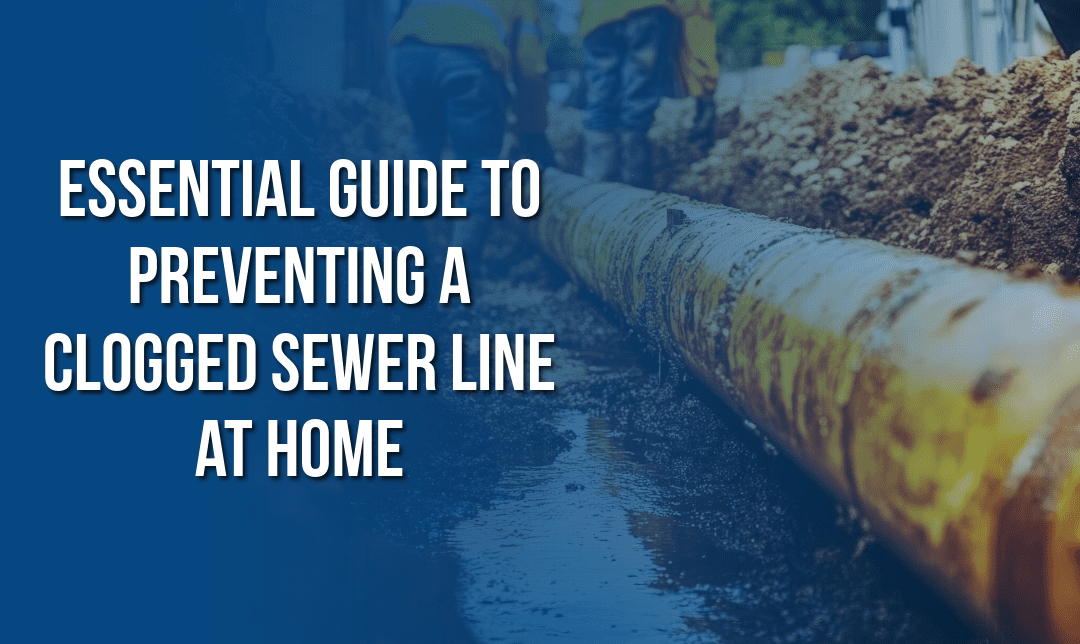Understanding the Importance of a Healthy Sewer Line
A well-functioning sewer line is fundamental to the overall health and safety of your home. Often hidden from view and out of mind, the sewer line quietly performs the critical task of transporting wastewater away from your living spaces, ensuring sanitation and the proper functioning of daily activities. When this system operates seamlessly, it protects your property from unwanted odors, potential health hazards, and costly structural damage. However, even minor blockages or unnoticed leaks can quickly escalate into significant issues, making it essential to prioritize regular maintenance and early intervention.
Maintaining a healthy sewer line is not just about convenience—it’s about safeguarding your family’s well-being and preserving the value of your home. Clogged or damaged sewer lines can cause backups that introduce harmful bacteria and pathogens into your environment, posing serious health risks. Additionally, water damage resulting from sewage overflow can compromise your home’s foundation and lead to expensive repairs.
Consequences of Neglecting Sewer Line Health
- Unpleasant Odors: Persistent sewer smells can permeate your home, making indoor spaces uncomfortable.
- Health Hazards: Exposure to sewage can trigger allergies, respiratory issues, or infections.
- Property Damage: Prolonged leaks or backups may weaken structural elements and destroy landscaping.
Recognizing the importance of a healthy sewer line is the first step in preventing disruptive and expensive emergencies, setting the foundation for proactive home maintenance.
Common Causes Behind a Clogged Sewer Line
Understanding the most frequent culprits behind a clogged sewer line is the first step toward effective prevention. While the symptoms of a blockage—slow drainage, foul odors, or unexpected backups—are easily noticed, the underlying causes often go unnoticed until a major problem arises. By identifying these common triggers, homeowners can adopt proactive habits to maintain a smoothly functioning plumbing system.
Household Waste and Foreign Objects
Improper disposal of household waste ranks among the leading causes of sewer line clogs. Items such as paper towels, feminine hygiene products, baby wipes, and even excessive toilet paper do not break down easily in water. When flushed, these materials can accumulate within pipes, creating stubborn blockages that restrict wastewater flow. Similarly, kitchen grease and food scraps poured down sinks can solidify over time, clinging to pipe walls and narrowing passageways.
Tree Roots Intrusion
Tree roots are another notorious culprit, especially in older neighborhoods with mature landscaping. Roots seek moisture and naturally gravitate toward sewer lines, infiltrating tiny cracks or joints. Once inside, they expand, trapping debris and causing extensive damage that can lead to severe blockages or even pipe collapse.
Structural Issues and Pipe Deterioration
Aging pipes made from clay, cast iron, or other outdated materials are prone to deterioration. Corrosion, shifting soil, or ground movement can cause pipes to crack, collapse, or misalign, impeding the smooth flow of wastewater and increasing the risk of clogs.
Recognizing these frequent causes empowers homeowners to make informed choices and implement preventive strategies, paving the way for reliable, uninterrupted sewer service throughout the year.
Warning Signs Your Sewer Line Might Be Clogged
Recognizing the early warning signs of a clogged sewer line can save homeowners from costly repairs and significant inconvenience. Since your sewer line is responsible for carrying all household wastewater away, any blockage can quickly escalate into a major plumbing emergency. By understanding what to look for, you can take action before minor troubles turn into full-blown disasters.
Slow Draining Fixtures
One of the most common indicators of a sewer line problem is when multiple drains in your home start to empty more slowly than usual. Unlike a single clogged sink or tub, a main sewer line issue often affects several fixtures simultaneously—think toilets, showers, and sinks across different rooms. If plunging or snaking these drains offers only temporary relief, the problem may be deeper within the main line.
Unpleasant Odors
Persistent foul smells coming from your drains or basement are another red flag. Sewer gases should never enter your living spaces, so if you notice the stench of sewage lingering indoors, it’s likely that a blockage is causing waste to back up, preventing proper ventilation through your plumbing system.
Gurgling Sounds and Water Backups
Listen for strange gurgling noises when using your plumbing fixtures. This sound can occur when trapped air struggles to pass through a clogged pipe. Additionally, if flushing the toilet causes water to bubble up in your bathtub or sink, or if wastewater backs up into lower-level fixtures, these are urgent signs of a sewer line clog.
By staying alert to these warning signs, you can act swiftly, preventing further damage and maintaining a healthy, functional plumbing system in your home.
Effective Habits to Prevent a Clogged Sewer Line
Maintaining a clear and functional sewer line doesn’t have to be a daunting task. Adopting a few simple, consistent habits can dramatically reduce the risk of clogs and costly repairs down the road. Implementing these strategies not only safeguards your plumbing system but also promotes a healthier, more efficient home environment.
Be Mindful of What Goes Down the Drain
One of the most crucial steps in preventing a clogged sewer line is monitoring what you allow into your plumbing. Avoid disposing of grease, oils, and food scraps down kitchen sinks, as these substances can solidify and accumulate, leading to stubborn blockages. In bathrooms, keep hair, soap residue, and hygiene products out of drains and toilets. Even so-called “flushable” wipes can wreak havoc on sewer systems, so it’s best to stick to flushing only toilet paper.
Implement Regular Drain Maintenance
Routine upkeep is essential for keeping sewer lines unobstructed. Pouring hot water down drains periodically can help dissolve minor buildups. Using a natural enzyme cleaner on a monthly basis is another safe way to break down organic matter without harming your pipes or the environment. Installing drain strainers in sinks and showers can catch debris before it enters your plumbing, making maintenance even easier.
Stay Vigilant and Act Quickly
- Pay attention to early warning signs such as slow drainage or gurgling sounds.
- Address minor clogs immediately to prevent bigger issues from developing.
- Schedule professional sewer line inspections every few years, especially in older homes or properties with large trees nearby.
By establishing these effective habits, you not only minimize the risk of a clogged sewer line but also extend the lifespan of your entire plumbing system, ensuring peace of mind and uninterrupted household comfort.
When to Seek Professional Sewer Line Repair
Recognizing the moment to call in a professional for sewer line repair can be the difference between a minor inconvenience and a costly home disaster. While some plumbing issues are manageable with basic DIY techniques, a clogged sewer line demands specialized expertise and equipment to ensure the health and safety of your home. Knowing the warning signs is crucial for timely intervention and effective resolution.
Key Indicators of a Serious Sewer Line Problem
- Multiple Drain Backups: If more than one drain—such as your sinks, showers, or toilets—begins to back up simultaneously, this points to a main sewer line blockage rather than isolated drain issues.
- Persistent Foul Odors: A continuous sewage smell emanating from your drains, basement, or yard can signal a break or blockage in the line, warranting immediate professional inspection.
- Unusual Noises: Gurgling sounds from your pipes or toilets often indicate trapped air due to a clog deep within the sewer line.
- Soggy or Sunken Lawn Areas: Unexpectedly lush patches, soggy ground, or sunken areas above the sewer line route suggest a leak or crack requiring prompt repair.
Why Prompt Professional Action Matters
Delaying expert sewer line repair can lead to extensive property damage, hazardous mold growth, and expensive restoration. Licensed professionals use advanced diagnostic tools, such as video inspections, to pinpoint the exact nature and location of the problem—ensuring targeted, effective solutions and long-term peace of mind. If you notice any of these warning signs, it’s wise to seek professional help immediately to safeguard your home’s plumbing system and prevent a minor problem from escalating into a significant emergency.

